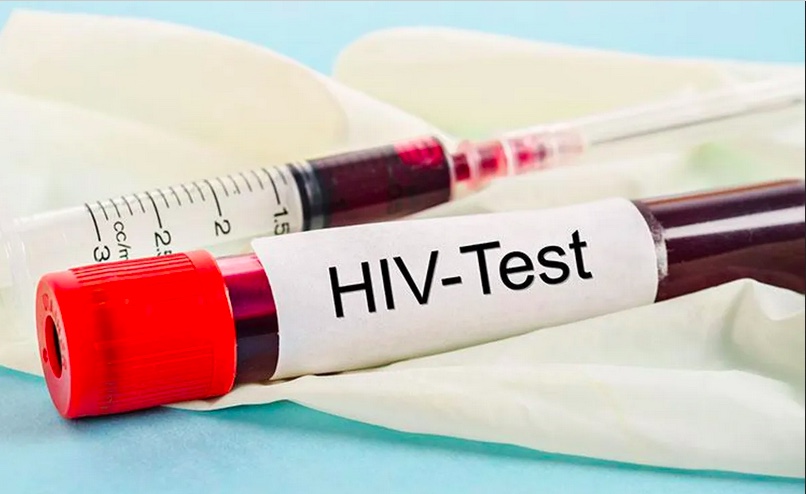OSLO – A “dirty dozen” of industrial chemicals blamed for causing deaths and birth defects were to be outlawed from yesterday by a UN pact with many experts wanting other poisons added to the blacklist.
Inuit hunters in Canada, among those most exposed because many toxins are swept to the Arctic by ocean and air currents, plan to celebrate the ban with a feast of whale, seal stew, fish and caribou in Iqaluit, Baffin Island. The 2001 Stockholm convention on persistent organic pollutants (POPs) entered into force after ratification by 50 states, ending use of a range of pesticides, dioxins and polychlorinated biphenyls (PCBs).”The convention will save lives and protect the natural environment …by banning the production and use of some of the most toxic chemicals known to humankind,” said Klaus Toepfer, head of the UN Environment Programme.Even, so it will takes years for POPs – used in everyday items like plastics or paints as well as pesticides – to break down.And everyone on the planet has traces of POPs in their bodies, UNEP says.And many experts say the “dirty dozen” list is too short.”Some of the old classical pesticides are in decline in some areas,” said Lars-Otto Reiersen, head of the Arctic Monitoring and Assessment Programme.”What alarms us most is that levels of new products like brominated flame retardants are increasing.”Flame retardants are used for example in sofas, clothing or TV sets.Some are restricting their use because of worries about their environmental impact.Canadian environmentalists also want the pesticide lindane outlawed.POPs can cause cancer and damage the nervous, reproductive and immune systems of people and animals, UNEP says.High levels of POPS have been found in Inuit breast milk and POPs have even been blamed for deforming the sexual organs of female polar bears and making them look like hermaphrodites.The Stockholm convention will unlock spending of about US$500 million, partly to help destroy stockpiles and seek alternatives to POPs.About 25 nations, including South Africa and Ethiopia, will be allowed to keep using DDT to spray malarial mosquitoes.The WWF environmental group expressed worries that global warming could exacerbate the POPs problem – higher temperatures might wash out chemicals that have been locked in glaciers, or flooding might release buried POPs.- Nampa-ReutersThe 2001 Stockholm convention on persistent organic pollutants (POPs) entered into force after ratification by 50 states, ending use of a range of pesticides, dioxins and polychlorinated biphenyls (PCBs).”The convention will save lives and protect the natural environment …by banning the production and use of some of the most toxic chemicals known to humankind,” said Klaus Toepfer, head of the UN Environment Programme.Even, so it will takes years for POPs – used in everyday items like plastics or paints as well as pesticides – to break down.And everyone on the planet has traces of POPs in their bodies, UNEP says.And many experts say the “dirty dozen” list is too short.”Some of the old classical pesticides are in decline in some areas,” said Lars-Otto Reiersen, head of the Arctic Monitoring and Assessment Programme.”What alarms us most is that levels of new products like brominated flame retardants are increasing.”Flame retardants are used for example in sofas, clothing or TV sets.Some are restricting their use because of worries about their environmental impact.Canadian environmentalists also want the pesticide lindane outlawed.POPs can cause cancer and damage the nervous, reproductive and immune systems of people and animals, UNEP says.High levels of POPS have been found in Inuit breast milk and POPs have even been blamed for deforming the sexual organs of female polar bears and making them look like hermaphrodites.The Stockholm convention will unlock spending of about US$500 million, partly to help destroy stockpiles and seek alternatives to POPs.About 25 nations, including South Africa and Ethiopia, will be allowed to keep using DDT to spray malarial mosquitoes.The WWF environmental group expressed worries that global warming could exacerbate the POPs problem – higher temperatures might wash out chemicals that have been locked in glaciers, or flooding might release buried POPs.- Nampa-Reuters
Stay informed with The Namibian – your source for credible journalism. Get in-depth reporting and opinions for
only N$85 a month. Invest in journalism, invest in democracy –
Subscribe Now!






